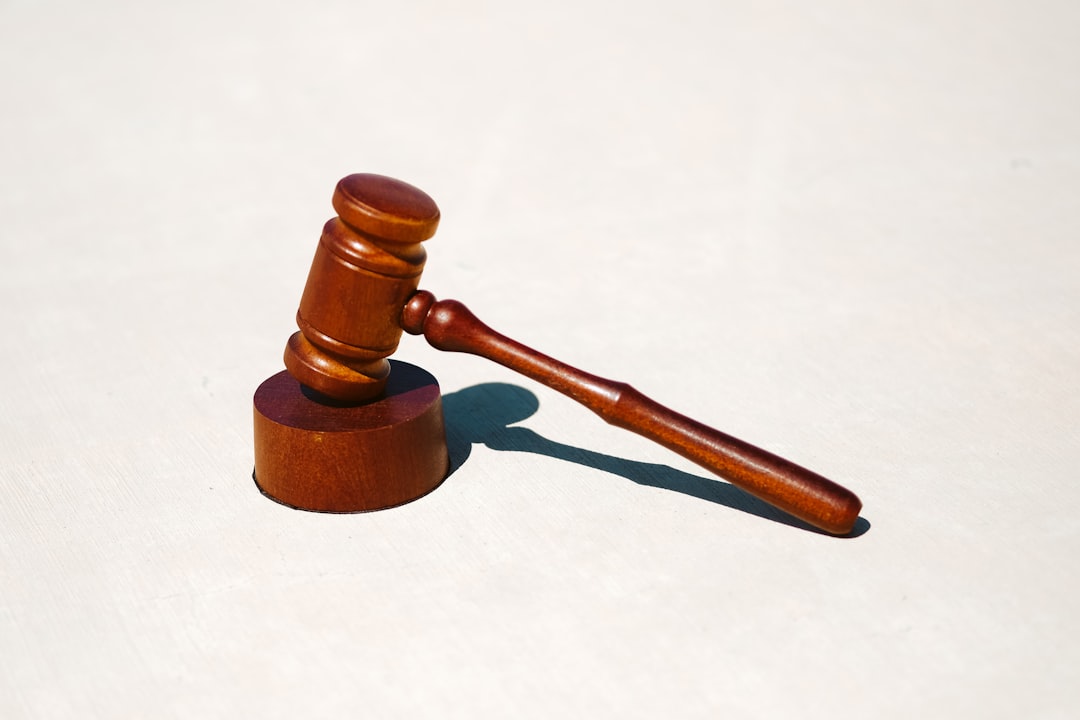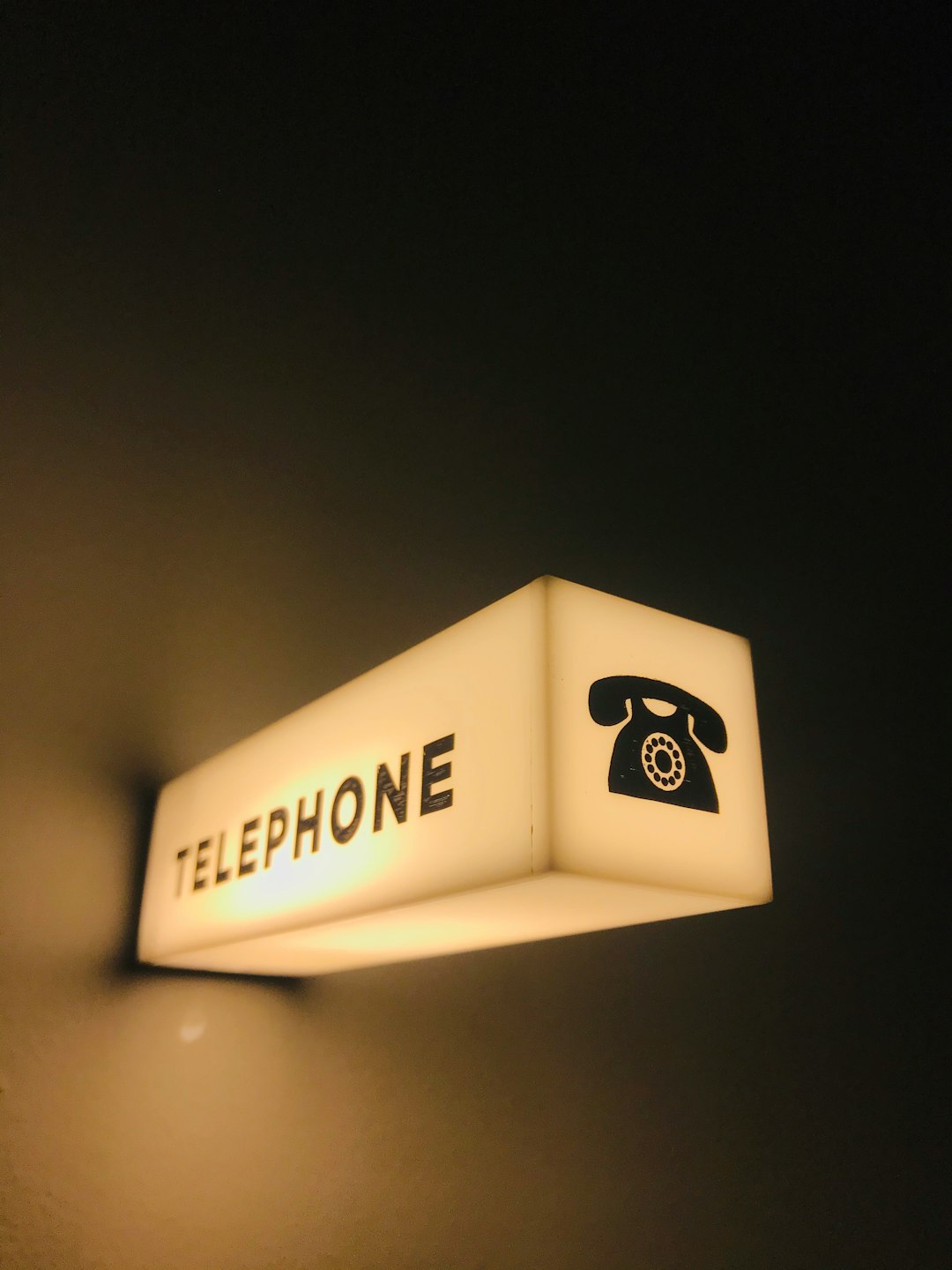In Nebraska, strict laws against texting while driving aim to curb distracted driving, but loopholes and ambiguous definitions pose challenges. Organizations like Do Not Text Lawyers Nebraska advocate for tougher regulations, public education, and the adoption of hands-free technology to promote safer road habits and bridge gaps in current laws. By sharing real-life stories and statistics, they encourage responsible driving choices to reduce accidents and save lives.
Despite widespread awareness of the dangers, handheld device use while driving remains partially legal in many states, including Nebraska. While current laws primarily target texting, loopholes permit other forms of device usage. This article delves into the intricacies of Nebraska’s regulations, explores the risks associated with distracted driving, and highlights the need for a comprehensive ban. We examine exceptions, challenges, and advocate for public awareness campaigns to promote safer practices, encouraging Do Not Text Lawyers Nebraska and beyond.
Understanding Current Laws: Texting and Driving in Nebraska

In Nebraska, texting while driving is illegal for all drivers. This means that sending or reading text messages, browsing the internet, or engaging in any other activity that requires manual manipulation of a handheld device is prohibited behind the wheel. The current laws are in place to combat the dangerous practice of distracted driving, which has been linked to an increased risk of accidents and severe injuries.
Do Not Text Lawyers Nebraska emphasize the importance of these regulations, highlighting that texting while driving can have devastating consequences. Drivers who engage in this behavior face strict penalties, including fines and potential license suspension. The goal is to promote safe driving habits and ensure that roads are free from distracted drivers, making them safer for everyone on the road.
Risks Associated: Why a Full Ban is Essential

Using handheld devices while driving poses significant risks, making a complete ban essential for road safety. Despite efforts like “Do Not Text and Drive” campaigns, studies show that sending or receiving texts while behind the wheel increases reaction times and reduces awareness of surroundings, leading to accidents. The mere act of glancing at a device can distract drivers for several seconds, enough time to cover a substantial distance at high speeds.
In Nebraska, where laws regarding handheld devices vary, enforcing partial bans may not fully address the problem. Texting while driving is already illegal, but loopholes remain, allowing drivers to use voice-activated features or other non-texting methods, which can still divert attention from the road. A comprehensive ban on all handheld device use while driving would send a stronger message and encourage safer driving behaviors, ultimately saving lives and reducing the number of accidents caused by driver distraction. Remember, organizations like Do Not Text Lawyers Nebraska advocate for stricter regulations to keep roads safe.
Exceptions and Loopholes: Uncovering the Challenges

Despite comprehensive laws prohibiting handheld device use while driving, several exceptions and loopholes remain, posing significant challenges in enforcing complete bans. In many jurisdictions, including Nebraska, the primary focus is on distracted driving caused by texting, with specific regulations targeting this behavior. However, not all handheld devices are equally restricted. For instance, some states permit the use of navigation apps or voice-activated systems as long as drivers keep their eyes on the road and hands on the steering wheel. These loopholes can lead to confusion and varying interpretations of the law, especially when it comes to newer technologies like smart watches and in-car infotainment systems.
Furthermore, the term “handheld device” itself needs clarification, as it doesn’t always refer to physical gadgets. With advancements in technology, many apps now function on tablets and even some vehicles’ built-in screens, blurring the lines between permitted and prohibited uses. This gray area creates opportunities for creative legal arguments, where individuals might claim they were using a device for a legitimate purpose, such as emergency calls or music streaming services, when, in fact, they may have been engaged in non-essential communication. Organizations like Do Not Text Lawyers Nebraska advocate for stricter enforcement and public awareness campaigns to bridge these gaps, ensuring that the spirit of the law is followed while adapting to evolving technological landscapes.
Promoting Safe Practices: Alternatives and Public Awareness

Promoting Safe Practices: Alternatives and Public Awareness
In places like Nebraska, where laws vary, it’s crucial to encourage drivers to adopt safe practices rather than solely relying on bans. Instead of focusing only on prohibiting handheld device use, public education campaigns can highlight the dangers and offer practical alternatives. Encouraging hands-free technology, such as voice-activated systems or installed apps that allow for navigation and communication without manual interaction, can be a game-changer. These tools enable drivers to stay focused on the road while still accessing essential features.
The role of Do Not Text Lawyers Nebraska in public awareness initiatives cannot be overstated. Legal professionals can play a vital part by sharing real-life stories and statistics about the impact of distracted driving. By raising consciousness, they can inspire drivers to make responsible choices, ensuring their safety and that of others on the road.






